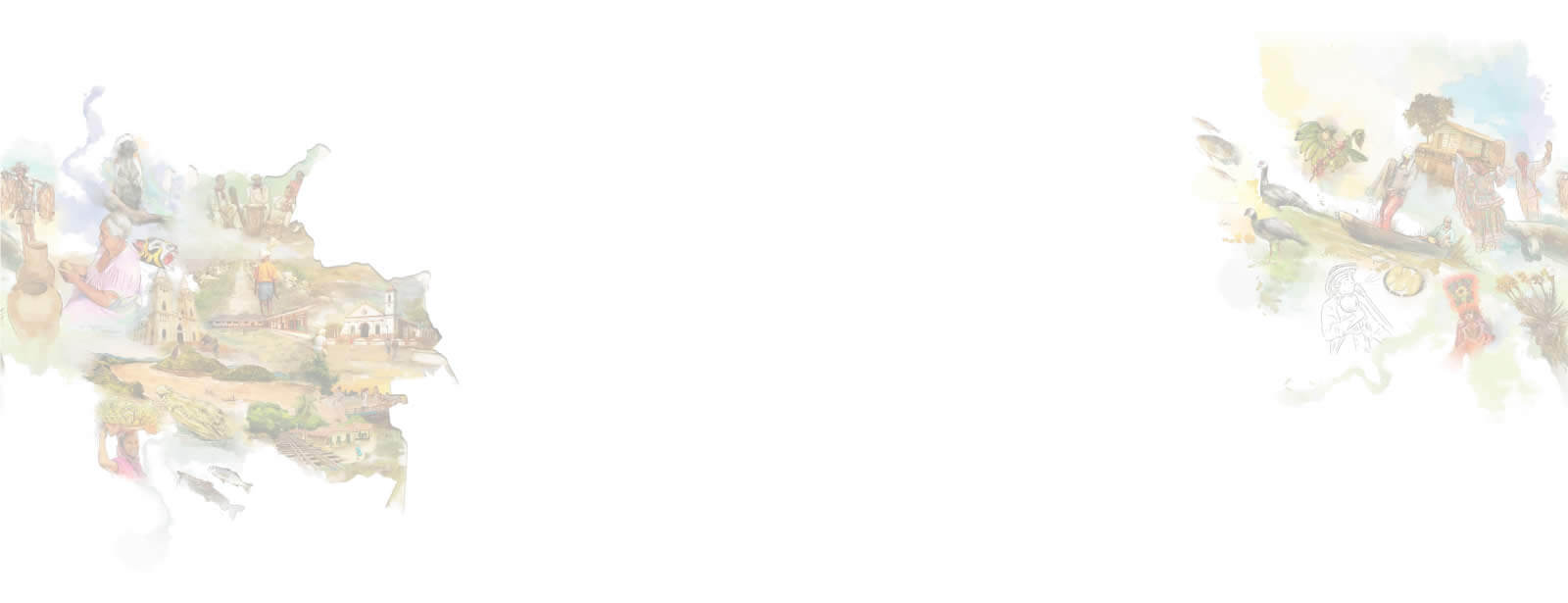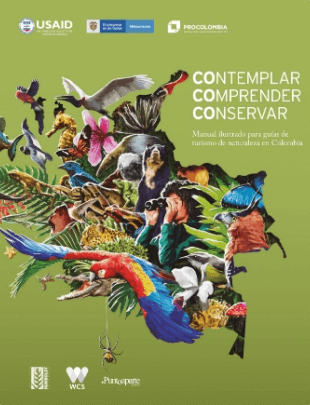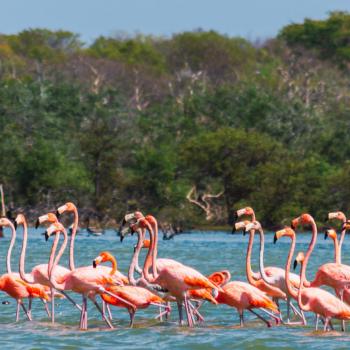The cultural richness of Barranquilla is expressed through one of the country's most important festivals, the Carnival. This multicolored celebration takes place in the streets with numerous parades where singing, dancing, and ancestral traditions of the people of Barranquilla are remembered. The Artisan Tour of Barranquilla complements everything that happens before the Carnival and how the preparations are made.
The enthusiasm and love that the city's inhabitants put into this festival have made all travelers' eyes focus on it, wanting to come in February to enjoy it.
Those responsible for ensuring that the physical color and aesthetic part of this revelry remain faithful to tradition are the artisans of Atlántico, who, with their hidden and constant work, make it possible for floats, dresses, masks, and other handicraft items to be ready from the first festival, the “Reading of the Edict.”
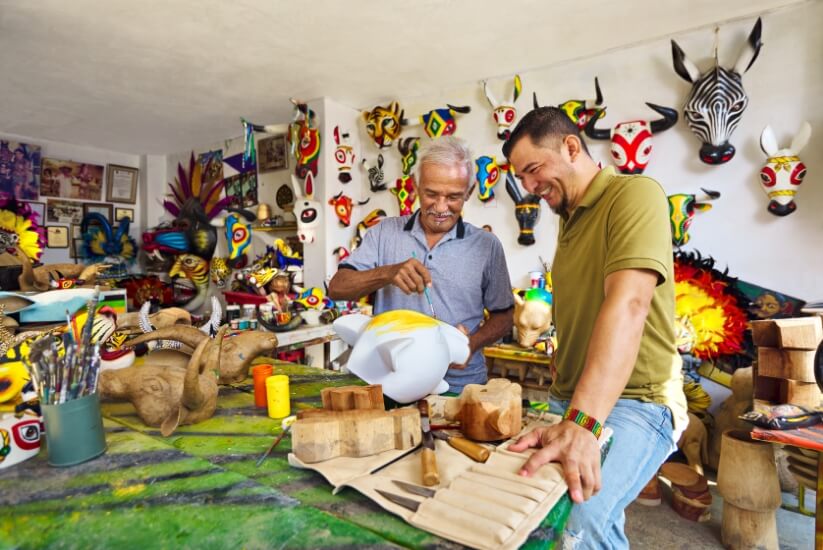
The skilled hands and the way these articles, which embody the cultural tradition of a people, are made can be experienced through visits to craft workshops. There is the possibility of touring workshops located in municipalities near Barranquilla such as Usiacurí, Galapa, Baranoa, Soledad, Puerto Colombia, and Ponedera, among others.
It is important to highlight that not all handicrafts on the Artisan Tour of Barranquilla are related to the Carnival, and there is an enormous offering of indigenous and African tradition worth knowing for their beauty and intricate craftsmanship.
The artisanal journey
We suggest starting the Artisan Tour of Barranquilla in Usiacurí, a municipality reachable from Barranquilla via La Cordialidad road. Just forty minutes from the city, in “El Pesebre del Atlántico” as it is known for its beauty, residents are accustomed to visitors who come in search of palm iraca crafts.
Bags, baskets, fans, necklaces, placemats, napkin rings, and many other decorative objects come from the hands of weavers for international markets. You can go directly to workshops usually located in artisans' homes. Thus, visitors can observe not only how palm weaving is done but also integrate with the culture that is part of this municipality's tradition.
Today, important Colombian designers have their workshops in Usiacurí and take pride in the uniqueness of the pieces created. The most visited craft stores are those in front of the Julio Flórez Museum. There, they have a permanent display of finished products ready for sale. It is a visit where, besides acquiring original items at very good prices, you can take advantage to explore the town, its Church, and the mentioned museum.
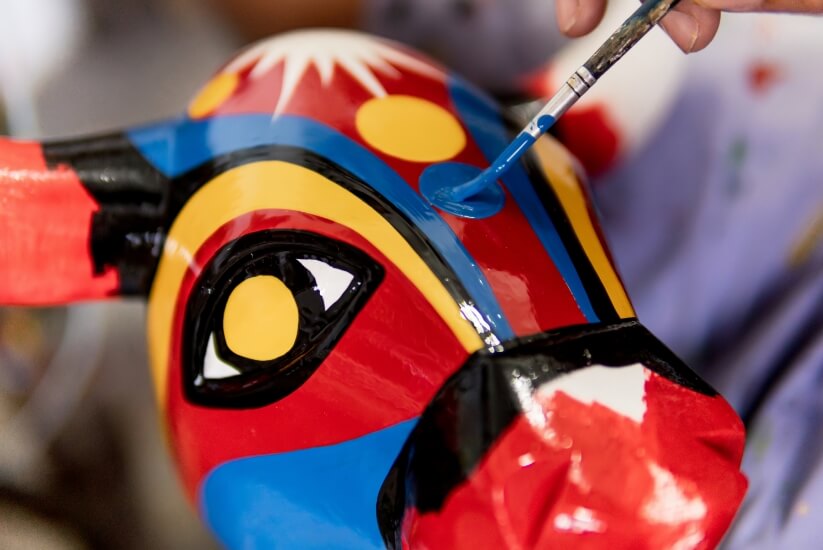
Galapa is located fifteen kilometers from Barranquilla. In this municipality, you can experience being an “Artisan for a Day” at the craft store “El Congo Real,” a family business that carves wooden masks depicting African animals for the Carnival of Barranquilla.
They craft masks of alligators, monkeys, tigers, bulls, and other figures that make up the carnival celebration. This experience is a form of cultural immersion aimed at allowing visitors to learn about the history, work, and knowledge reflected in these items.
You will learn what kind of wood is used, how it is dried, cut, carved, and painted, as well as the tools used for this purpose. Each person can create their own souvenir and realize that hours in the workshop seem to stand still in time.
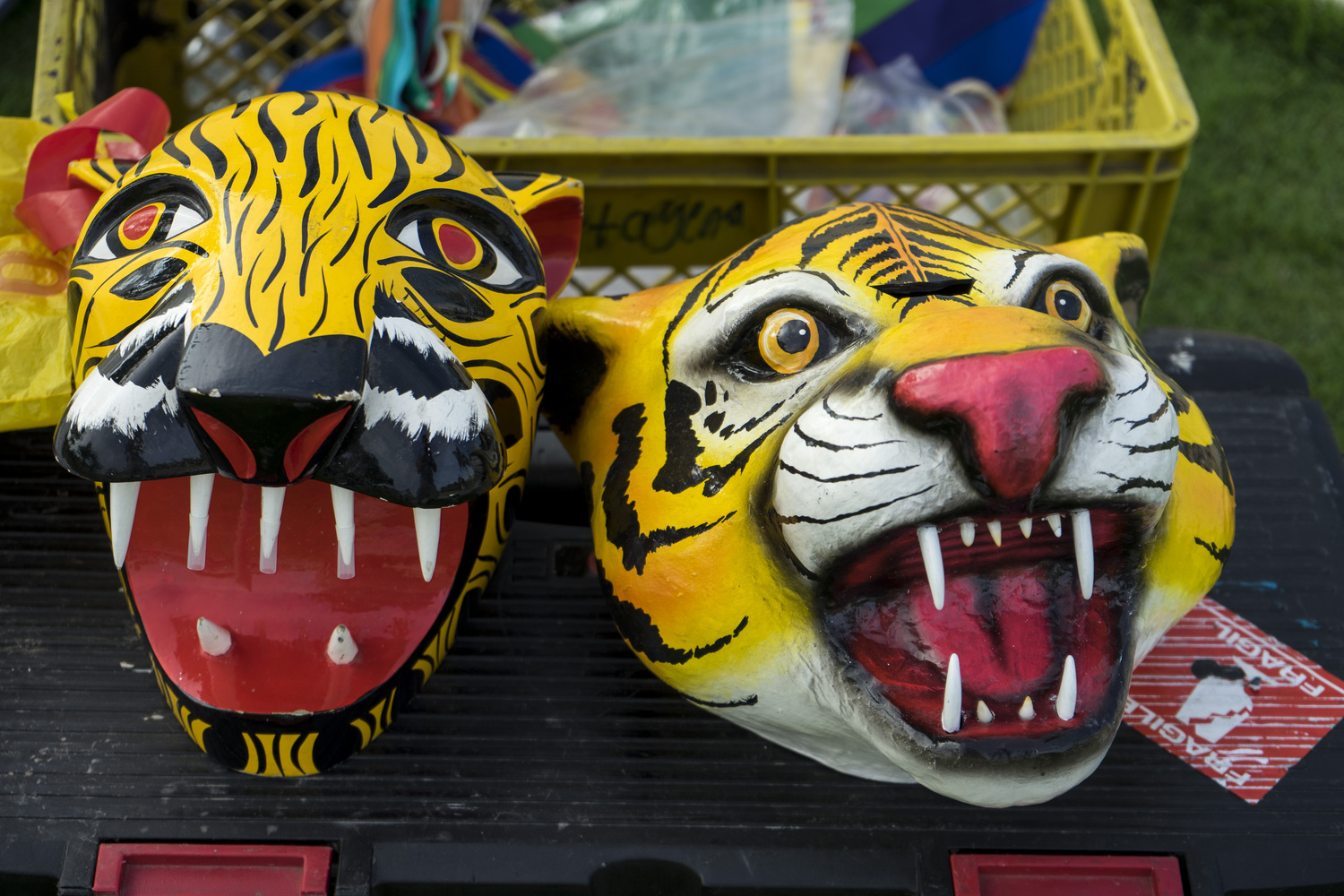
There are other municipalities where handicrafts are produced as part of their economy and sold in Craft Fairs. In Soledad, wood and ceramics are worked; in Puerto Colombia, crafts are made from wood, and in Barranquilla, artisans specialize in papier-mâché, coconut, and gourd.
In the capital of Atlántico, tourists can visit the Float Factory where over a hundred artisans, artists, architects, blacksmiths, and florists work together to design and create the large rolling artworks that parade along Vía 40 in the Battle of Flowers of the Carnival.
With heights ranging from six to seven meters, these monumental vehicles showcase the style and beauty of the handicrafts that can be brought home.
Furthermore, purchasing these products benefits many families who rely on culture for their livelihood, and it benefits humanity by allowing these traditions to continue being passed down through generations.








